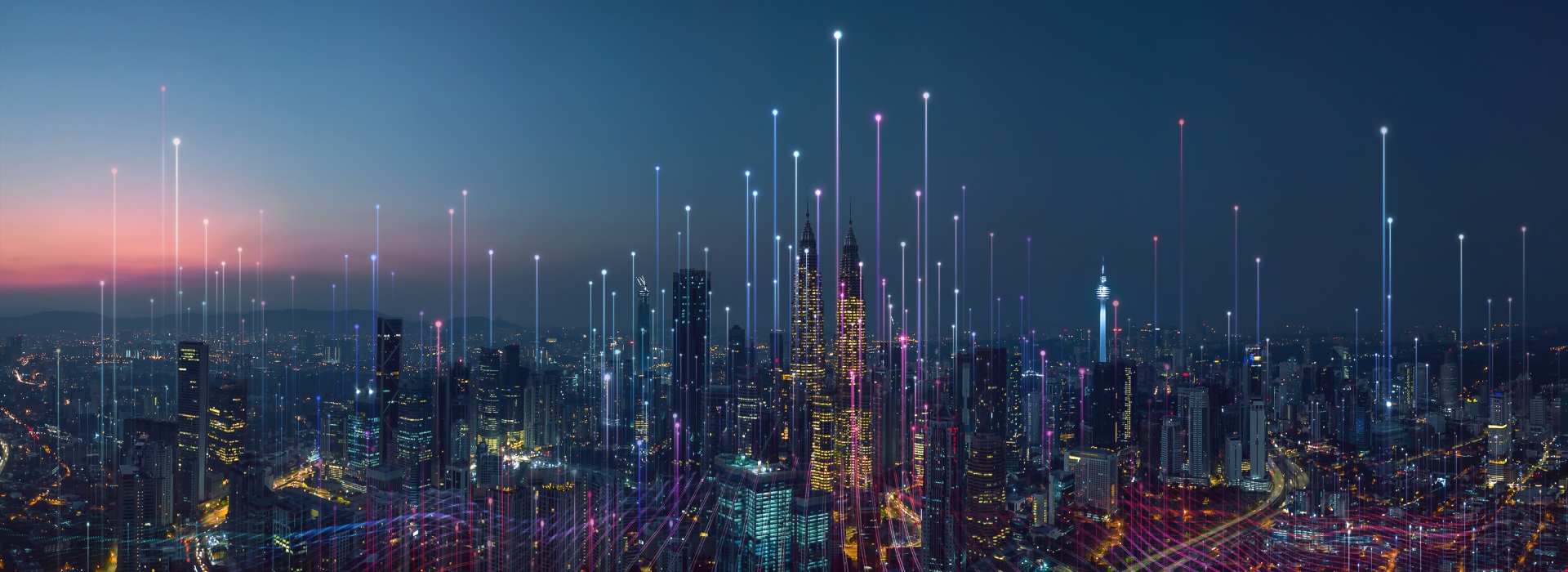Basic Information:
Smart city uses a framework of information and communication technologies to create, deploy and promote development practices to address urban challenges and create a joined-up technologically-enabled and sustainable infrastructure. The technology use a variety of software, user interfaces and communication networks alongside the Internet of Things (IoT) to deliver connected solutions for the public. Of these, the IoT is the most important. The IoT is a network of connected devices that communicate and exchange data. Data collected from these devices is stored in the cloud or on servers to allow for improvements to be made to both public and private sector efficiencies and deliver economic benefits and improvements to the lives of citizens.
There are three foundations for the global development of this idea:
- smarter use of energy,
- increased mobility and
- connectivity at all levels (IoT).
Smart city technology can make cities more effective and efficient, which is necessary given the projected rapid growth in urban populations over the next few decades. Sensors, meters and other devices collect data from measuring points. Cloud software processes, stores and analyzes data. Automation and prediction models are achieved using AI. Visualization and management software presents info on control screens, web and mobile apps.

Main benefits:
- More effective, data-driven decision-making
- Enhanced citizen and government engagement
- Safer communities
- Reduced environmental footprint
- Improved transportation
- Increased digital equity
- New economic development opportunities
- Efficient public utilities
- Improved infrastructure
- Increased workforce engagement

Smart City solutions can be applied in many areas of life and work of people in the local community: economy, health, environmental protection, development of transport and other infrastructure, development of education systems, increasing property and personal safety, meteorology, public administration, smart tourism, increasing efficiency energy systems, improving the quality of utilities, use of electric vehicles, shopping, knowledge exchange, standards management, building business models…
